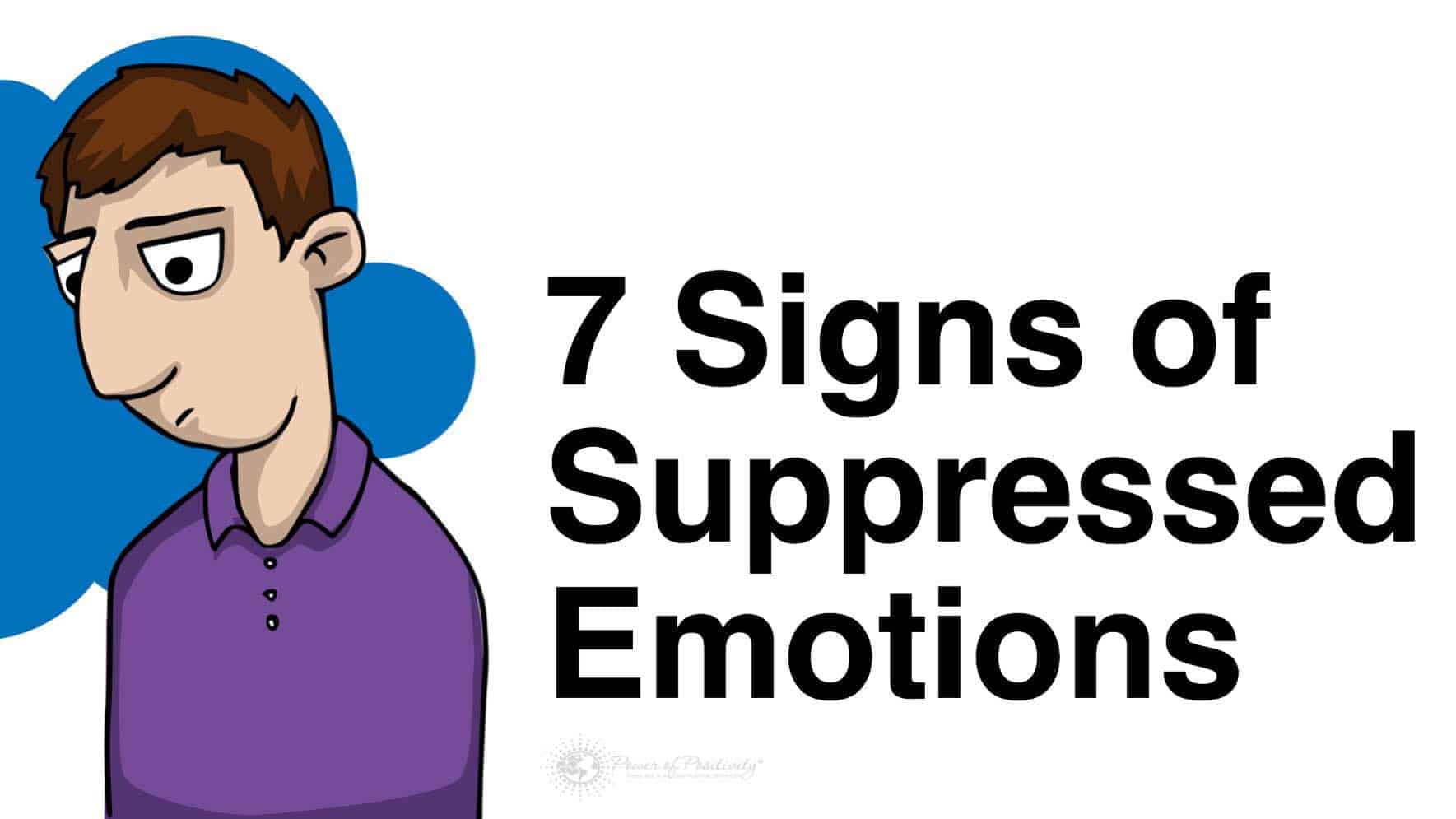There’s a reason that they call it ‘paying’ attention. Indeed, this one thing can help you reduce stress and help your brain perform better, rather than making you pay for your effort.
Mentally, it can be exhausting to not even get much done in a work day or a day at home when you hoped to get more done than you accomplished. But you just can’t keep pushing forward when your brain stops working as well as it should.
This lack of mental clarity and the stress that not being able to finish a simple task as you should is something we’ve covered in previous articles.
Negative emotions, old ways of thinking, fears about our abilities, and too much going on in the place that we are trying to think can all interfere with our performance and mental ability. Let’s look at the one thing you need to be doing to reduce stress and improve your mental performance.
Doing This ONE Thing Reduces Stress and Improves Your Brain Performance
Spending more time, energy, and effort on a project until it is complete may seem like it will get things done faster. But it’s a bad idea to go full steam. Unless a deadline is looming, use this one thing to reduce stress and improve performance; slow down.
The more time you can devote to whatever it is you are working on, the better you will perform, in both quality and accuracy. Deliberate movement, thought and being open to receiving all of the sensory information that is coming in will help you feel calm and mentally clear.
Slowing down our movements and speech is the easiest way to start using this technique to reduce stress. By slowing your physical movement, even by a small fraction of your normal speed, you are more deliberate.
You avoid making mistakes like neglecting to notice hazards around you. You will notice yourself making fewer fumbling missteps that could end up the next viral video.
When you slow down your movements, you will then have more time to think. What is really happening is that by slowing your physical body, you give yourself more time to process incoming sensory information. Things that you didn’t pay attention to before become part of your awareness.
Learn more easily and help improve mental performance
In a study of classroom teacher interactions in the Journal of Teacher Education, researchers found that teachers typically only wait one second after asking a question before providing an answer. When a student finishes speaking, the teacher also typically ask another question within less than one second.
The scientists were able to prove that extending the wait time between the teacher asking a student a question and expecting an answer gave several measurable benefits for students:
- Length of the responses increased between 300-700%
- Students had time to remember the facts that back up their answers
- Students made more guesses
- The students asked more questions
- Students proposed experiments to test theories
- Students discussed topics with each other
- There were fewer times when no one answered
- There was less need for discipline
- Students who never participated before began contributing
- Unsolicited participation increased
- Students reduced inflection, which is the rising vocal tone used when asking a question, in their answers, indicating increased confidence
Clearly the students felt like they would be listened to so they were more likely to speak up when the teacher slowed down to wait for answers.
Scientists noticed that teachers changed their actions with students in these ways:
- Were more flexible with covering different discussion topics to encourage participation
- Asked more and different questions
- Had higher expectations for students
Although this study is about a classroom environment, you can imagine yourself as a student of the world slowing down to let your partner, coworkers, friends, and family think of their response to questions that you would ask them. You can also ask them to give you a moment before rushing ahead.
Multi-tasking makes your brain less capable
An Italian study at the University of Bologna found that mental resources are depleted or recovered depending on how much effort we spend making decisions on a project. We can’t keep working at maximum mental effort. That’s because we use up the total amount of mental energy that we have.
The researchers showed that mental fatigue is real, and it is worse when we are under pressure to go fast. They say that multitasking, which is multi-decision-making, results in lower performance as well as reaching the threshold of mental fatigue ‘beyond which the worker cannot avoid being exhausted.’ They recommend taking a break or leaving the workspace until you can recover your mental energy.







